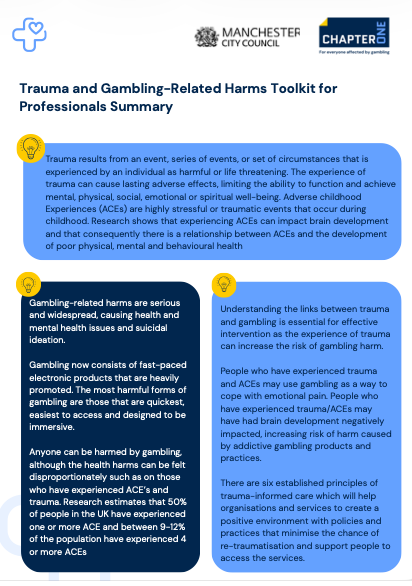Latest News from Trauma Responsive Greater Manchester
Evaluation of the ACES & Trauma Responsive Greater
Manchester Programme. Final Report – Phase 1
How a City-Region is Building Trauma-Responsive Communities
An evaluation by Liverpool John Moores University has revealed how Greater Manchester is undertaking a whole-system approach to becoming trauma-responsive, with early impacts across communities, workforces, and services.
The Challenge
Greater Manchester, home to 2.87 million people, faces substantial health inequalities. Over two-thirds of early deaths are linked to risky health behaviors, 25% of residents experience mental health issues, and significant deprivation affects many neighborhoods. The region recognized that addressing Adverse Childhood Experiences (ACEs) and trauma required a coordinated, city-wide response.
The Vision
Launched in 2021, the ACEs & Trauma Responsive Greater Manchester Programme represents one of the UK's most ambitious attempts at system-wide cultural change. Rather than a traditional program, it's described as a "movement" aimed at transforming how every organization—from hospitals and schools to housing providers and community groups—understands and responds to trauma.
The programme's six core objectives:
- Communication and engagement to create the right environment
- Workforce development to build system-wide understanding
- Evidence-based practice through mapping and best practice review
- Service user involvement creating a grassroots social movement
- Service development to improve policies and change culture
- Community resilience building through neighborhood-level work
Training Impact
The evaluation tracked significant improvements in workforce knowledge and confidence. Training participants showed substantial gains in understanding trauma's impact, with confidence levels in trauma-informed practice jumping dramatically. Over 2,000 professionals received training at different levels, from basic awareness to specialist skills.
Most importantly, 72% of trainees reported using their new knowledge in practice within four months, demonstrating real behavior change beyond the training room.
System-Wide Transformation
The programme has catalyzed extensive activity across all ten Greater Manchester boroughs:
- In Education: Schools are implementing trauma-informed approaches, with early evidence of reduced exclusions and improved attendance in pilot areas.
- In Healthcare: GP practices and hospitals are adopting trauma-responsive policies, with staff better equipped to recognize and respond to trauma disclosures.
- In Communities: Voluntary sector organizations received funding to develop co-produced training with people with lived experience, creating authentic resources that resonate with both professionals and service users.
Real-World Impact
Service users reported feeling safer, more understood, and better supported. One participant described training sessions as "brilliant to bring us all together" with participants forming lasting support networks. Professionals noted they could now recognize trauma responses they previously saw as "noncompliance" or "obstructive behavior."
Challenges and Learning
The evaluation acknowledges significant barriers:
- Resource constraints: Overstretched services struggling with increasing demand
- Definitional clarity: Confusion between trauma-aware, informed, and responsive approaches
- Scale complexity: Coordinating change across such a large, diverse region
- Sustainability concerns: Maintaining momentum without dedicated funding
Looking Forward
Despite challenges, stakeholders remain committed to the vision. The programme has created new partnerships, shared learning networks, and embedded trauma-responsive principles in local strategies. However, continued investment and strategic support are essential for long-term success.
Key Recommendations
The evaluation identifies crucial next steps:
- Maintain strategic leadership commitment across the region
- Continue equitable training opportunities for all sectors
- Strengthen community voice and co-production approaches
- Develop shared language and clear trauma-responsive principles
- Embed trauma-responsive approaches in commissioning and policy
- Provide ongoing workforce support and supervision
While challenges remain, the evaluation demonstrates that coordinated, multi-sector approaches can create meaningful culture change at scale.
The programme shows that becoming trauma-responsive isn't about adding new services—it's about fundamentally changing how existing services understand and respond to the people they serve. This represents a paradigm shift from asking "What's wrong with you?" to "What happened to you?"
As one stakeholder noted:
"This is a journey that we're all going to be on and it'll probably morph and change... where we're at now is not going to be where we're at in 2-3 years' time, but that's OK."













